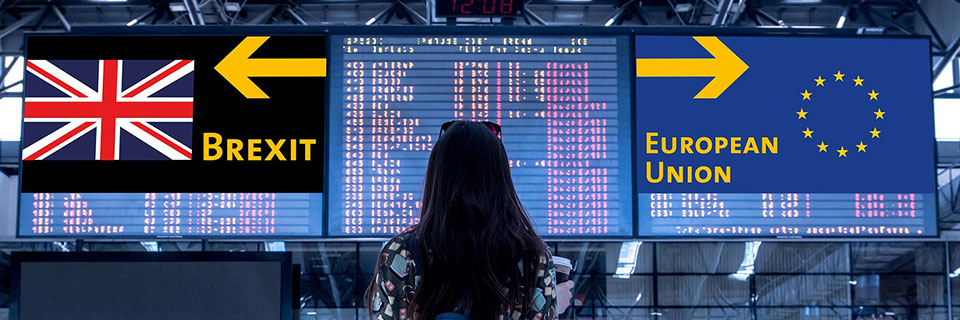From 1 January 2021, the UK will move out of the transitional period which started when it exited the EU on 31 January 2020. The UK will no longer have to apply EU law, will no longer participate in various EU programmes, and a customs border will spring up between the UK and the EU reflecting the new barriers to free movement of goods, services, people and capital.
The Trade and Cooperation Agreement (“the FTA”), agreed at the 11th hour, establishes a customs duty-free border, a framework for the encouragement of trade between the UK and the EU (based on a level playing field with regard to matters such as monopolies, subsidies, and protectionism of various sorts), and provides for cooperation on matters such as crime enforcement, travel and tax transparency.
In relation to goods and services, each party to the FTA is free to regulate economic activities in its own jurisdiction as it sees fit in order to achieve “legitimate policy objectives” but the FTA contains detailed rules aiming to minimise discriminatory practices. Sometimes these rules are mandatory; sometimes they are written in aspirational terms. The rules vary between different industries and cover matters such as market access, “most favoured nation” treatment, safety checks, licences, recognition of the other party’s standards, regulatory certificates and professional qualifications. There is an extensive list of discriminatory practices which each party commits to review. There are very few commitments in the field of financial services.
Various forms of discriminatory incentive such as low social, labour, climate, environmental and competition regulation and cash or tax subsidies are prohibited or discouraged.
Focusing on the tax implications they are, very broadly:
- No customs duties will apply to imports of goods or services "originating" in the other territory (nor will export duties be permitted), noting that goods moving between the UK and the EU which wholly originated in “third countries”, or which lose tariff-free origin by incorporating excessive “third country” components, may face duties and quotas. Tariff-free transit is to be provided for. The rules of origin are set out in excruciating detail in the FTA Annexes.
- The EU and UK may each adopt their own rates of customs duty for goods entering their territories from “third countries”.
- The UK is leaving the EU VAT system and adopting its own almost identical version of VAT (which may diverge in due course) under which the UK will treat imports/exports of goods/services with the EU in the same way as imports/exports with non-EU countries. This coincides with the introduction in July 2021 of quite important changes in EU VAT (which the UK is copying for the most part from 1 January) in relation to distance supplies, low value consignments and e-commerce. For UK businesses all this will translate into possibly having to register for VAT in multiple EU countries, or their customers paying import VAT more frequently at the border. The UK will continue to apply postponed accounting for imports by UK businesses from the EU and will extend this to imports from outside the EU, but the EU may not offer the same courtesy. Some e-commerce platforms (such as Amazon) will cease to fulfil UK/EU cross-border sales except from stock already in the buyer’s territory.
News Source:【Stephson Harwood LLP 2020/12/31】



